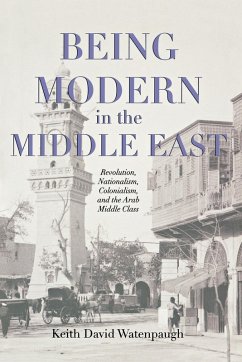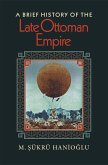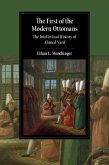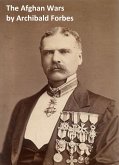In this innovative book, Keith Watenpaugh connects the question of modernity to the formation of the Arab middle class. The book explores the rise of a middle class of liberal professionals, white-collar employees, journalists, and businessmen during the first decades of the twentieth century in the Arab Middle East and the ways its members created civil society, and new forms of politics, bodies of thought, and styles of engagement with colonialism.
Discussions of the middle class have been largely absent from historical writings about the Middle East. Watenpaugh fills this lacuna by drawing on Arab, Ottoman, British, American and French sources and an eclectic body of theoretical literature and shows that within the crucible of the Young Turk Revolution of 1908, World War I, and the advent of late European colonialism, a discrete middle class took shape. It was defined not just by the wealth, professions, possessions, or the levels of education of its members, but also by the way they asserted their modernity.
Using the ethnically and religiously diverse middle class of the cosmopolitan city of Aleppo, Syria, as a point of departure, Watenpaugh explores the larger political and social implications of what being modern meant in the non-West in the first half of the twentieth century.
Well researched and provocative, Being Modern in the Middle East makes a critical contribution not just to Middle East history, but also to the global study of class, mass violence, ideas, and revolution.
Discussions of the middle class have been largely absent from historical writings about the Middle East. Watenpaugh fills this lacuna by drawing on Arab, Ottoman, British, American and French sources and an eclectic body of theoretical literature and shows that within the crucible of the Young Turk Revolution of 1908, World War I, and the advent of late European colonialism, a discrete middle class took shape. It was defined not just by the wealth, professions, possessions, or the levels of education of its members, but also by the way they asserted their modernity.
Using the ethnically and religiously diverse middle class of the cosmopolitan city of Aleppo, Syria, as a point of departure, Watenpaugh explores the larger political and social implications of what being modern meant in the non-West in the first half of the twentieth century.
Well researched and provocative, Being Modern in the Middle East makes a critical contribution not just to Middle East history, but also to the global study of class, mass violence, ideas, and revolution.









